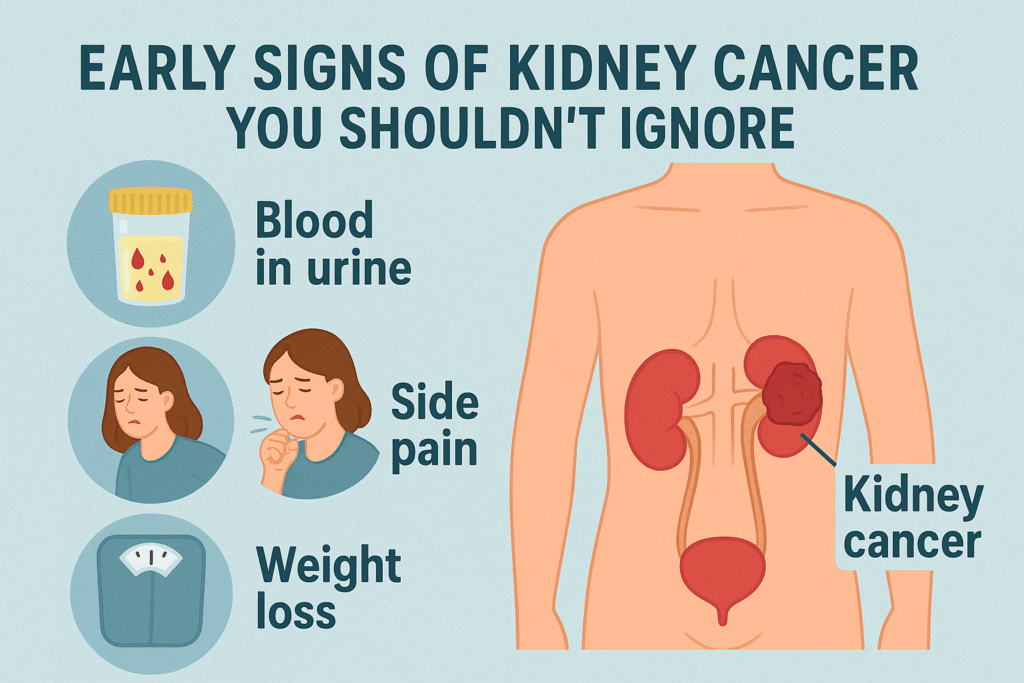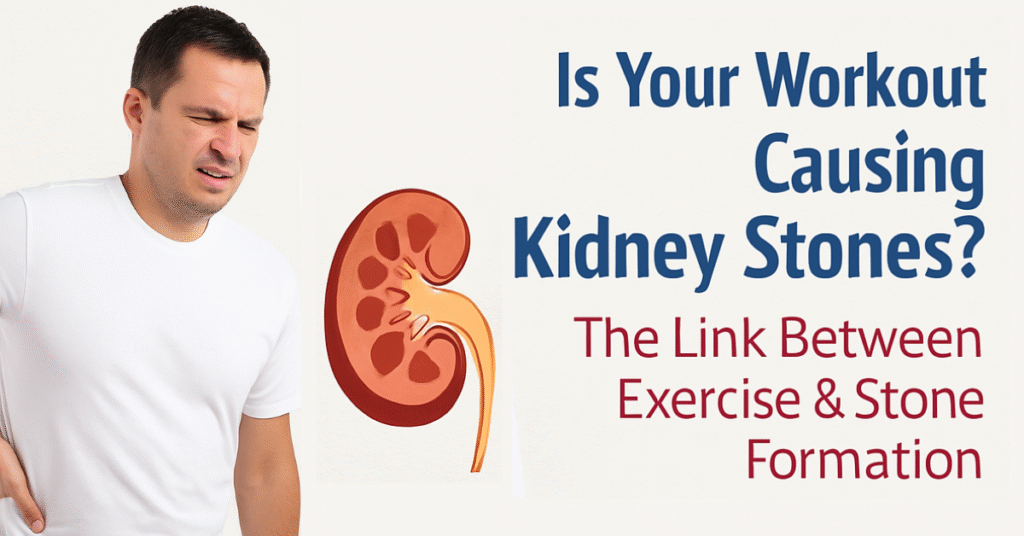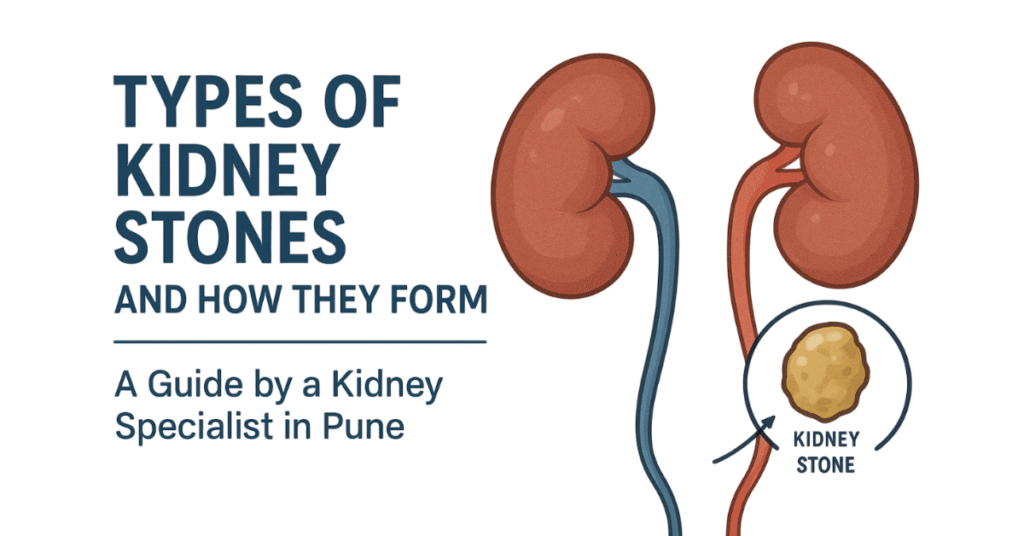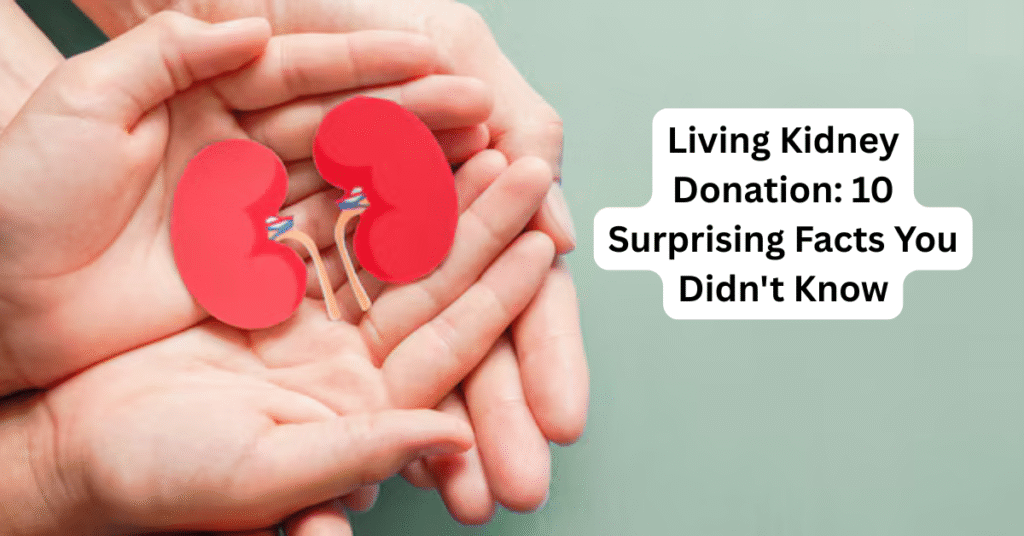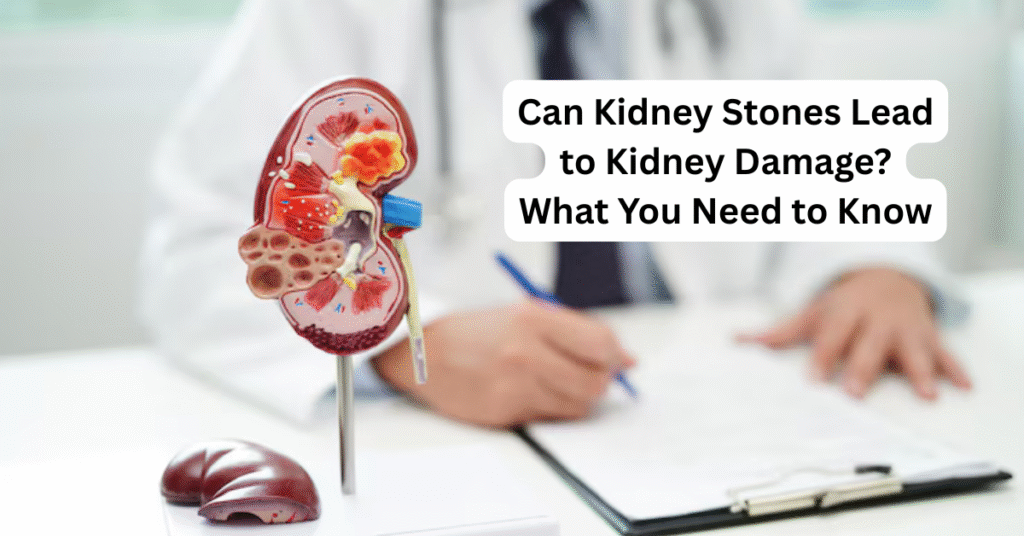Diet and Lifestyle Tips for Kidney Cancer Patients
Kidney cancer is a serious diagnosis, but it doesn’t mean life must stop. With proper medical care and personalized treatment, many patients go on to live healthy and fulfilling lives. Along with treatments such as surgery, immunotherapy, or targeted drugs, diet and lifestyle choices play a vital role in improving quality of life and supporting recovery. As a leading Urologist In Kharadi, Pune, Dr. Rakshit Ahuja emphasizes that each kidney cancer patient needs a holistic approach that combines medical expertise with healthy living. Here are the essential diet and lifestyle tips designed to support kidney cancer patients. 1. Eat a Balanced, Kidney-Friendly Diet When dealing with kidney cancer, your diet must support not only your general health but also kidney function. Here’s what a balanced diet should include: Fresh fruits and vegetables: Rich in antioxidants, vitamins, and minerals, they help the body heal and fight inflammation. Go for colorful options like carrots, spinach, apples, and berries. High-quality proteins: Kidney cancer patients may need to manage their protein intake. Choose lean protein sources such as chicken, fish, and plant-based options like lentils. Whole grains: Brown rice, quinoa, and oats are better than processed grains as they provide sustained energy. Healthy fats: Include olive oil, nuts, and seeds for good fats that support brain and heart health. A Kidney Specialist In Pune like Dr. Ahuja often recommends that patients work with a renal dietitian to personalize their eating plan based on the stage of cancer, kidney function, and treatment type. 2. Limit Salt and Processed Foods Processed foods are often high in sodium and preservatives, which can burden your kidneys. High salt intake may worsen high blood pressure, a common risk factor for kidney damage. Tips: Use fresh herbs and lemon juice for flavor instead of salt. Avoid canned soups, chips, pickles, and fast food. Always read food labels to check for sodium levels. 3. Stay Hydrated – But Cautiously Water is essential to keep your body functioning properly. However, hydration must be balanced. For some patients, especially those with one kidney or reduced kidney function, fluid intake may need to be restricted. Consult with your Urology Doctor In Pune to determine the appropriate amount of fluids for your specific condition. Avoid sugary drinks, sodas, and energy drinks. 4. Avoid Smoking and Alcohol Smoking increases the risk of recurrence and reduces the effectiveness of treatment. Alcohol may interfere with medication and put extra pressure on the kidneys. Quitting smoking and avoiding alcohol are two of the most powerful steps a kidney cancer patient can take to improve outcomes. Support groups, counseling, and nicotine replacement therapies can help. 5. Incorporate Gentle Physical Activity Staying active helps reduce fatigue, maintain muscle mass, and improve emotional well-being. Even light activity like walking or yoga can have significant benefits. Guidelines: Start slow: 15–30 minutes a day of gentle movement. Avoid strenuous exercises unless cleared by your doctor. Listen to your body and rest when needed. Regular movement supports circulation, boosts energy, and helps manage side effects of treatment. 6. Prioritize Quality Sleep Good sleep is essential for healing and immune function. Kidney cancer patients often experience sleep disturbances due to pain, stress, or medications. Sleep tips: Maintain a consistent sleep schedule. Avoid screens at least 1 hour before bed. Practice relaxation techniques like meditation or deep breathing. Talk to your Kidney Specialist In Pune if insomnia or sleep issues persist. 7. Focus on Mental Health A cancer diagnosis can be emotionally overwhelming. Stress, anxiety, and depression are common, but they should never be ignored. Suggestions: Speak to a mental health counselor or join a support group. Practice mindfulness or journaling. Stay connected with loved ones and talk openly about your feelings. Your emotional health plays a huge role in your physical recovery. 8. Regular Follow-ups and Monitoring After or during kidney cancer treatment, regular follow-ups are essential. These visits help in monitoring kidney function, checking for signs of recurrence, and adjusting treatment plans if necessary. Choose an experienced Urology Doctor In Pune who specializes in Kidney Cancer Treatment In Pune to ensure the best possible care and guidance throughout your journey. 9. Watch Out for Dietary Supplements While some supplements might seem helpful, not all are safe—especially for those undergoing cancer treatment. Certain herbal supplements can interfere with medications or stress the kidneys further. Always consult your doctor before taking any over-the-counter supplement, even if it’s labeled “natural.” Final Thoughts Managing kidney cancer is not just about medical treatments—it’s also about empowering yourself through everyday choices. Diet, activity, sleep, and mental well-being all play important roles in recovery. Whether you are in active treatment or post-treatment care, adopting a healthy lifestyle under the guidance of a trusted Urologist In Pune like Dr. Rakshit Ahuja can make a real difference in your journey. For expert consultation, tailored guidance, and comprehensive Kidney Cancer Treatment In Pune, don’t hesitate to reach out to one of the most trusted names in kidney care. 📞 Book an Appointment: 98905 83933 🌐 Visit Our Website: www.drrakshitahujaurologist.com Select an element to maximize. Press ESC to cancel. Select an element to maximize. Press ESC to cancel. Select an element to maximize. Press ESC to cancel. Select an element to maximize. Press ESC to cancel.
Diet and Lifestyle Tips for Kidney Cancer Patients Read More »

 Select an element to maximize. Press ESC to cancel.
Select an element to maximize. Press ESC to cancel.
